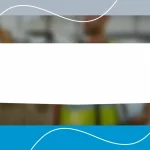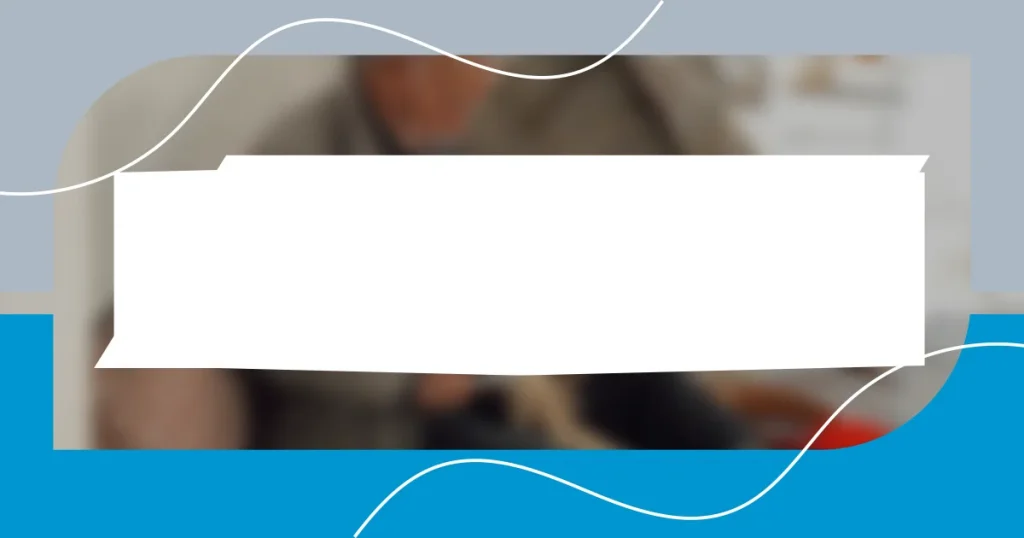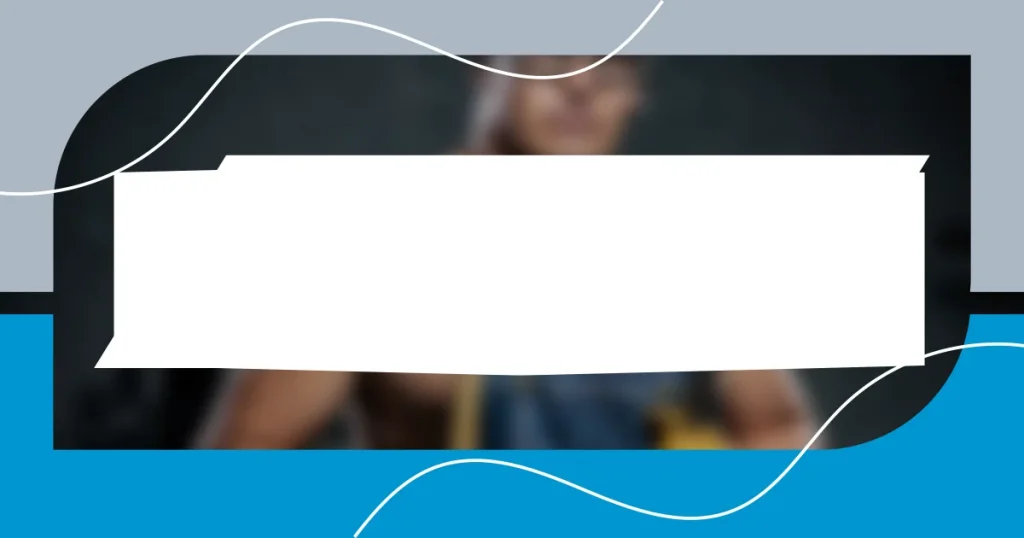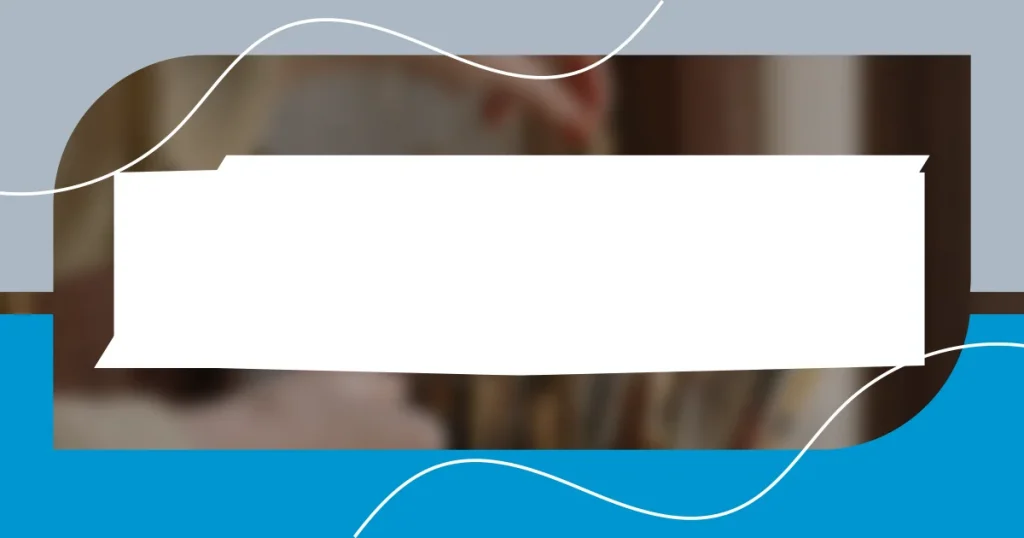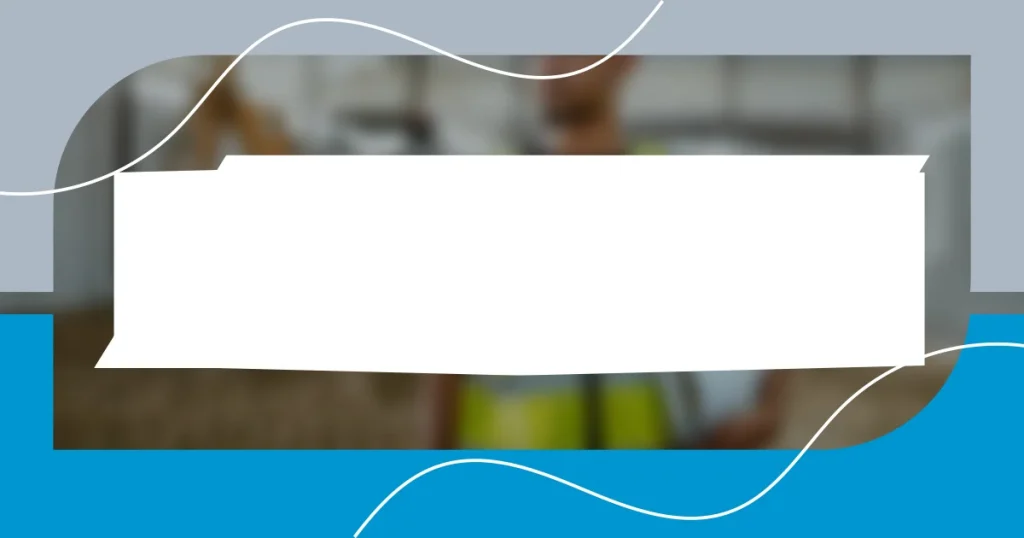Key takeaways:
- The journey towards eco-friendly tools started with simple changes, such as switching to bamboo straws, which fostered pride in making sustainable choices.
- Choosing eco-friendly products enhanced personal wellbeing, saved money over time, and created a sense of community with like-minded individuals.
- Investing in durable, sustainable items not only reduced waste but also cultivated an emotional connection, fostering discussions about sustainability with others.
My journey towards eco-friendly tools
The shift towards eco-friendly tools wasn’t an overnight decision for me; rather, it was a gradual awakening. I remember sitting in my kitchen, surrounded by plastic utensils that, despite their convenience, felt increasingly out of place. Have you ever paused to consider the impact of everyday choices? That one question sparked my journey.
Initially, my first eco-friendly tool was a set of bamboo straws. I was skeptical but intrigued; could such a simple switch really make a difference? I still vividly recall that first sip of my smoothie through one of those straws—I felt not just guilt dissipating but a genuine sense of pride. It was like being part of a larger movement, and it opened my eyes to the myriad of options out there.
As I expanded my collection of sustainable tools, I discovered that not all eco-friendly products are created equal. Some had a superior design and functionality that enhanced my daily life, while others fell flat. This led me to reflect: Isn’t sustainability also about enjoying the tools we use? It’s about finding joy in choices that align with our values, and for me, that realization was liberating.
Understanding eco-friendly tools benefits
Understanding eco-friendly tools benefits goes beyond just environmental consciousness. When I switched to using biodegradable cleaning products, I felt a wave of relief wash over me. The absence of harsh chemicals made my home feel like a safe haven. I realized that choosing eco-friendly options not only helped the planet but also contributed to my personal wellbeing. Isn’t it remarkable how a simple choice can enhance both our health and the environment at the same time?
Another benefit that I’ve personally experienced is the durability of eco-friendly tools. When I invested in a sturdy stainless steel water bottle, it became my daily companion. Unlike disposable plastic bottles, it has withstood the test of time and countless adventures. This shift impacts not just my routine but also saves money in the long run. Have you calculated how much you spend on disposables? Transitioning to reusable items has significantly reduced my expenses over time.
Lastly, using sustainable tools often leads to a sense of community. By choosing eco-friendly options, I’ve connected with like-minded individuals who share the same values. Joining a local initiative focused on sustainability has enriched my life, allowing me to share experiences and learn from others. It’s a wonderful feeling to belong to a community dedicated to making positive changes.
| Eco-Friendly Tools | Conventional Tools |
|---|---|
| Biodegradable materials | Plastic materials |
| Reusable and durable | Often single-use |
| Promotes personal well-being | Can contain harmful chemicals |
| Encourages community connections | Isolated consumer experience |
Types of eco-friendly tools available
As I delved deeper into the world of eco-friendly tools, I was amazed by the variety available. It’s not just about switching to sustainable materials; it’s about enhancing our everyday experiences. From my journey, I discovered tools that range from simple swaps to innovative products designed with the environment in mind. Each item serves a purpose, and finding the right one can add both utility and joy to daily routines.
Here’s a glimpse of the types of eco-friendly tools I discovered:
- Bamboo Toothbrushes: A simple yet effective alternative to plastic, bamboo toothbrushes not only reduce plastic waste but are also surprisingly comfortable to use.
- Beeswax Wraps: I replaced plastic wrap with beeswax wraps, and the first time I used them to cover leftovers, it felt like a small triumph.
- Compost Bins: Having a small compost bin in my kitchen transformed how I viewed food waste; it became a resource instead of a problem.
- Reusable Shopping Bags: I vividly recall switching from disposable bags to fun, patterned totes, which not only made grocery shopping enjoyable but also sparked conversations with other eco-conscious shoppers.
- Solar-Powered Gadgets: My solar-powered phone charger has become essential during outdoor adventures, blending sustainability with practicality.
Every tool I incorporated into my life has its own story and benefits, making it not just a choice for the planet but a personal journey towards a more fulfilling way of living.
My favorite eco-friendly tools
One of my all-time favorite eco-friendly tools has to be my silicone baking mats. I remember the first time I used them; it felt like a little revolution in my kitchen. No more flimsy parchment paper wasted, and I could bake my favorite cookies with ease. Plus, the easy cleanup was a game changer. Have you ever experienced the dread of scrubbing off burnt residues? With these mats, I just rinse them off, and they’re good to go. It’s small shifts like this that truly enhance my cooking experience.
I’m also quite fond of my reusable beeswax wraps. I used to wrap leftovers in plastic, which felt so wasteful. The first time I pressed a wrap over a bowl of uneaten pasta, I felt this surge of satisfaction. It not only keeps my food fresh but also looks great sitting in my fridge. It’s pretty amazing how these wraps can make sustainability feel stylish. Have you thought about how reducing plastic can also uplift your kitchen aesthetics?
Lastly, my stainless steel straws have become such a staple that I carry them in my bag everywhere I go. I can’t tell you how often I’ve been out with friends, and when they reach for a plastic straw, I proudly whip out my reusable ones. The reactions are priceless! It’s a great way to spark conversations about eco-friendliness while saving the planet one sip at a time. Isn’t it rewarding to advocate for change, even in small social settings? It really shows how these tools can give us a platform to promote and practice sustainability.
Tips for using eco-friendly tools
When using eco-friendly tools, I find that understanding their maintenance is crucial. For instance, I learned early on that my bamboo toothbrush requires a bit of care to ensure its longevity. Rinsing it thoroughly after each use and allowing it to dry completely made all the difference. Have you ever felt frustrated with a tool becoming worn out too soon? Proper upkeep can save both money and resources down the line.
Another tip I’ve embraced is to educate myself on local recycling and composting guidelines. I vividly remember a time when I was confused about which of my new eco-tools could be composted. After a quick chat with my local recycling center, I felt empowered knowing how to properly dispose of or repurpose items I no longer needed. Isn’t it great to feel knowledgeable about the impact your choices have?
Lastly, involving friends and family in the journey has been immensely rewarding. I can still recall hosting a small gathering where I introduced my reusable straws. We played a game to see who could come up with the most eco-friendly lifestyle hacks. That sparked some enlightening discussions and, surprisingly, some friendly competition! Isn’t it amazing how sharing these experiences can inspire others to make greener choices too?
Long-term impact of eco-friendly tools
The long-term impact of eco-friendly tools has been nothing short of significant in my life. I’ve noticed that incorporating these tools not only reduces waste but also fosters a deeper appreciation for sustainability. For example, when I switched to reusable shopping bags, I’ve found that I think twice about the necessity of each purchase. Have you ever considered how small actions can lead to a substantial change in mindset over time?
Over the years, I’ve discovered that investing in durable, eco-friendly tools can actually save money. I recall replacing flimsy kitchen utensils with heat-resistant, sustainable options. At first, the cost felt steep, but I quickly realized these tools outlasted their cheaper counterparts by years. Isn’t it funny how we sometimes undervalue durability when we’re focused on initial price?
The emotional connection I’ve formed with my eco-friendly tools can’t be overlooked either. It’s a comforting reminder of my commitment to the planet with each use. The pride I feel when making conscious choices about my utensils and storage solutions has sparked countless conversations with others about living sustainably. How rewarding is it to influence those around us just by embodying our values?



